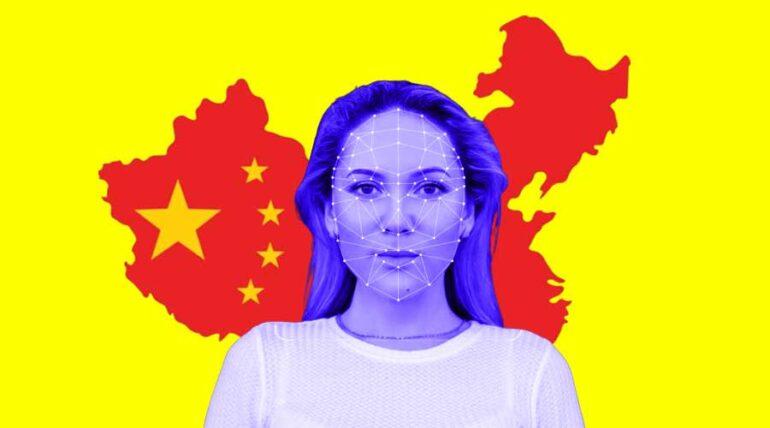TL;DR:
- China has heightened its scrutiny of “deepfake” technology due to a surge in AI-driven fraud.
- A case involving a man being scammed by a fraudster posing as a friend prompted increased awareness of AI’s potential in financial crimes.
- The scammer used AI-powered face-swapping technology during a video call to deceive the victim into transferring $612,000.
- Public discussion on social media platforms highlights the vulnerability of individuals to AI-based scams.
- Policymakers worldwide are engaged in debates on how to regulate AI effectively.
- The G7 nations express their commitment to establishing a common vision and goal for trustworthy AI.
- Venture capital funds have invested significantly in companies specializing in deepfake technology, indicating market interest and potential growth.
Main AI News:
Artificial intelligence (AI) has taken center stage in China as the country intensifies its scrutiny of “deepfake” technology amidst a surge in AI-driven fraud. The escalating concern about the potential for AI to facilitate financial crimes comes on the heels of a disturbing case where a man fell victim to a scammer posing as a friend, as reported by Reuters on Monday, May 22.
According to the report, the perpetrator employed AI-powered face-swapping technology to convincingly impersonate the victim’s friend during a video call, ultimately tricking him into transferring a staggering 4.3 million yuan (equivalent to about $612,000). The victim only discovered the ruse when his real friend displayed no knowledge of their previous conversation. Fortunately, authorities managed to recover most of the stolen funds and are actively pursuing the remainder.
This incident has sparked widespread discourse on Weibo, China’s prominent social media platform. The trending topic, “AI scams are exploding across the country,” garnered an astonishing 120 million views on Monday, amplifying concerns about scammers exploiting photos, voices, and videos to deceive unsuspecting victims. As one user poignantly expressed, “Can information security rules keep up with these people’s techniques?“
The implications of AI’s rapid integration into various industries are reverberating worldwide, and regulators are grappling with the complexities of overseeing this transformative technology. Karen Webster, writing for PYMNTS, emphasized that AI has become “the ticket for everyone’s 15 minutes of fame.” Policymakers around the globe are engaged in heated debates over how best to regulate AI, striking a balance between ensuring safety and fostering accessibility to its benefits.
Addressing the need for regulation, Sam Altman, the CEO of OpenAI, the company behind ChatGPT, testified before a U.S. Senate subcommittee last week. Altman stressed the essentiality of AI regulation and expressed his company’s willingness to assist policymakers in navigating this challenging landscape. He emphasized the importance of crafting regulations that incentivize safety while safeguarding people’s access to the advantages of AI technology.
In a related development, the G7 nations recently issued a bulletin expressing their desire to engage in discussions aimed at establishing a “common vision and goal of trustworthy AI.” This collective effort among global leaders underscores the pressing need for international collaboration to address the challenges posed by AI.
Notably, deepfake technology has emerged as a sought-after investment opportunity for venture capital firms. In 2022 alone, VC funds poured a staggering $187.7 million into companies specializing in deepfake technology, marking a substantial increase from a mere $1 million in 2017. The growing interest from investors reflects the potential and market demand for advancements in this field.
Conclusion:
The crackdown on deepfake scams in China signifies growing concerns about the potential misuse of AI in financial fraud. As regulators and policymakers debate AI regulation, the market is poised for significant changes and increased focus on ensuring the safety and accessibility of AI technology. The commitment of the G7 nations to fostering trustworthy AI sets the stage for global collaboration and standards development. Venture capital investments in deepfake technology indicate market recognition of its potential, paving the way for advancements in this field.

